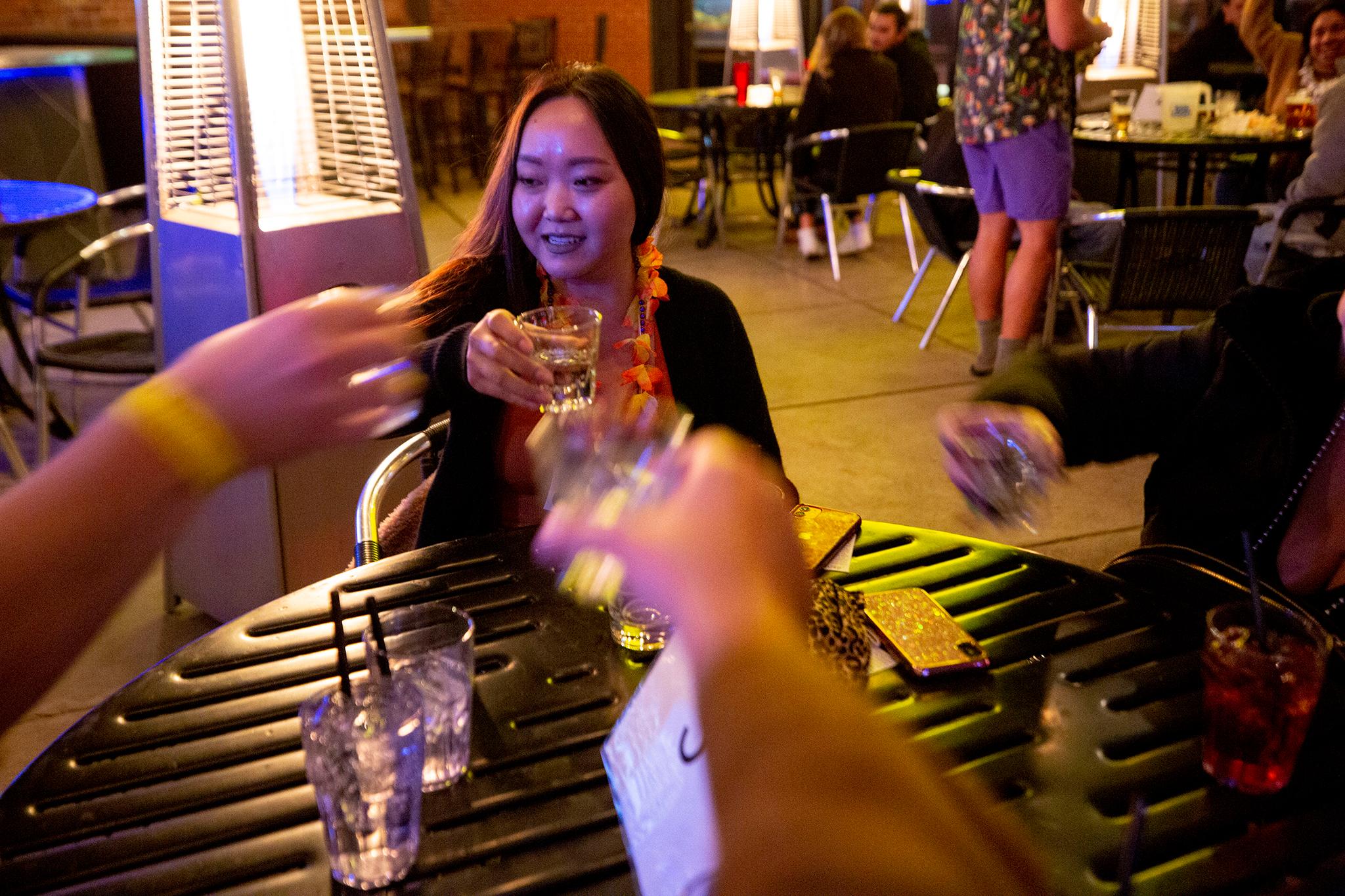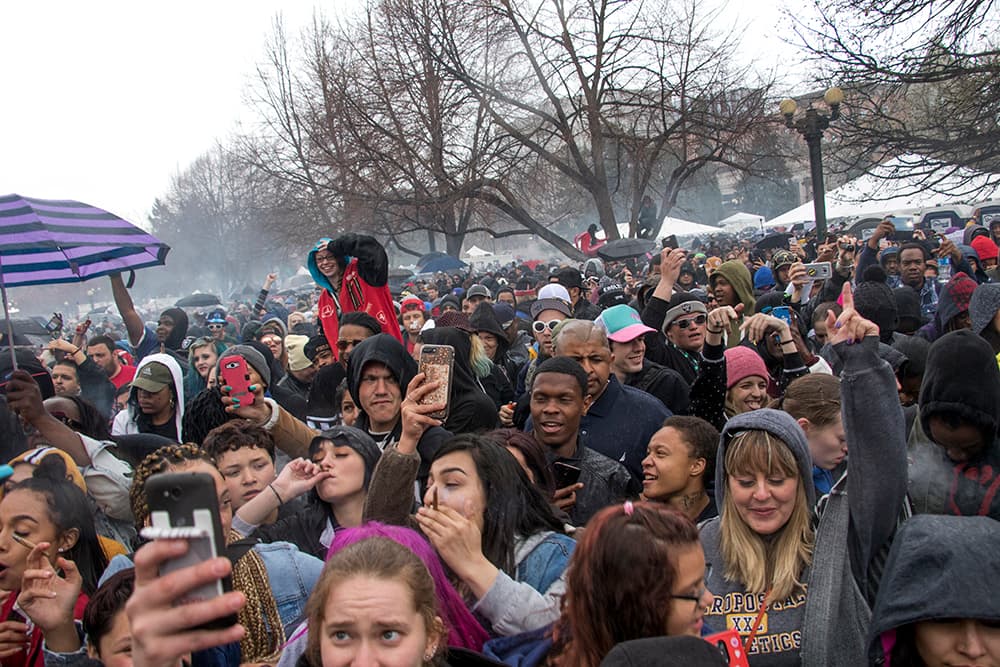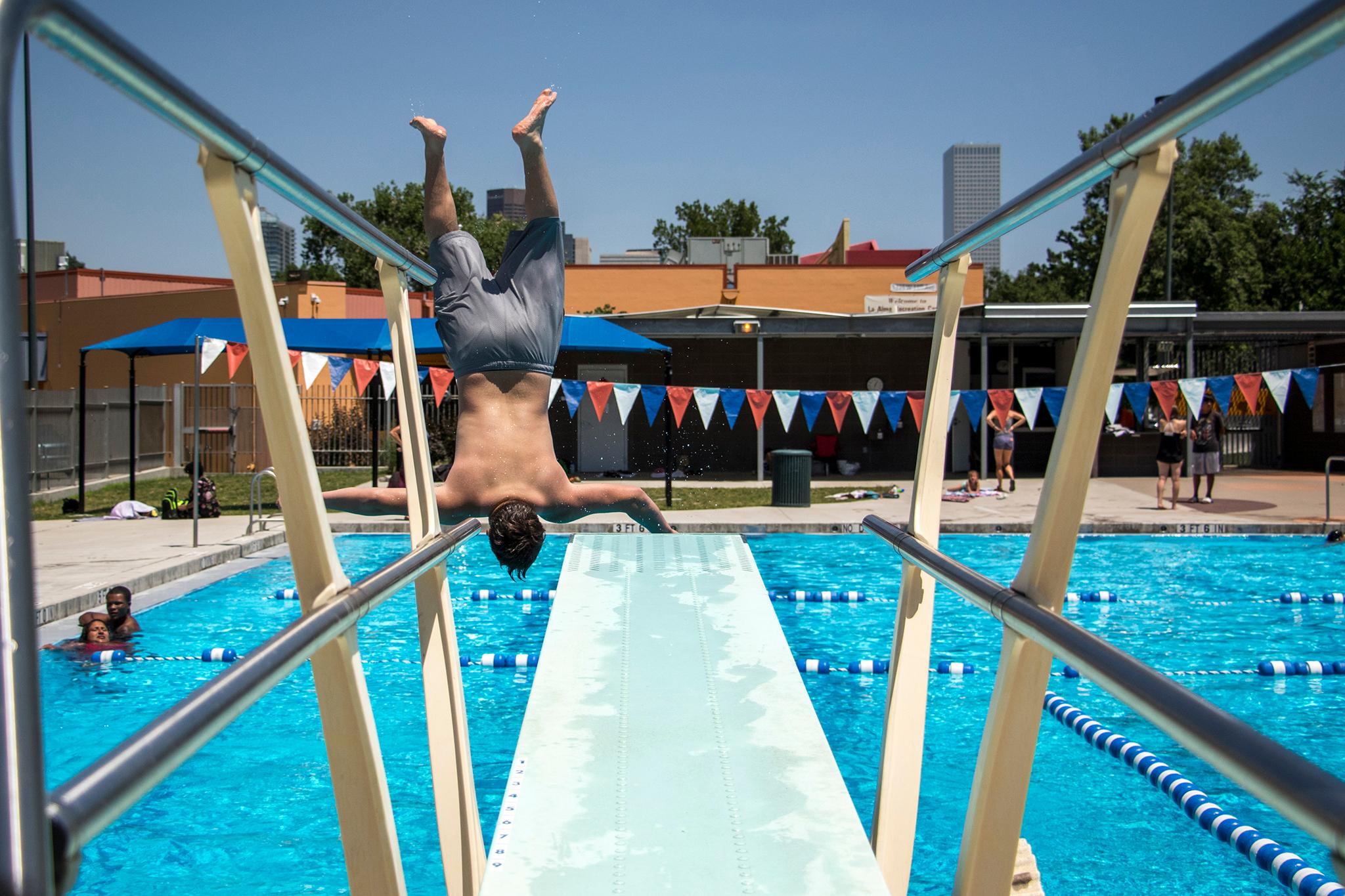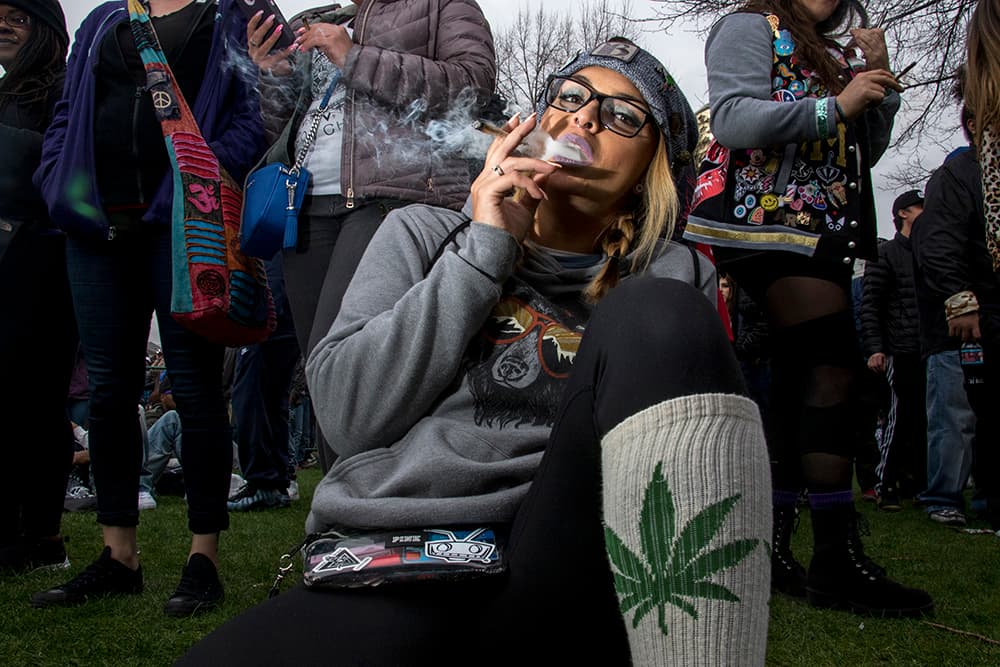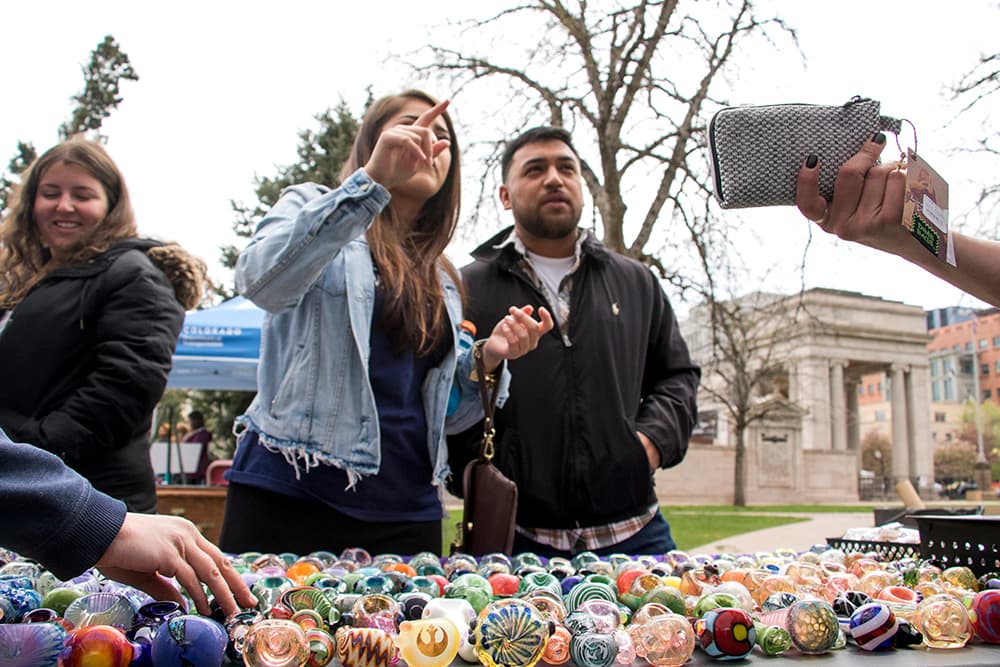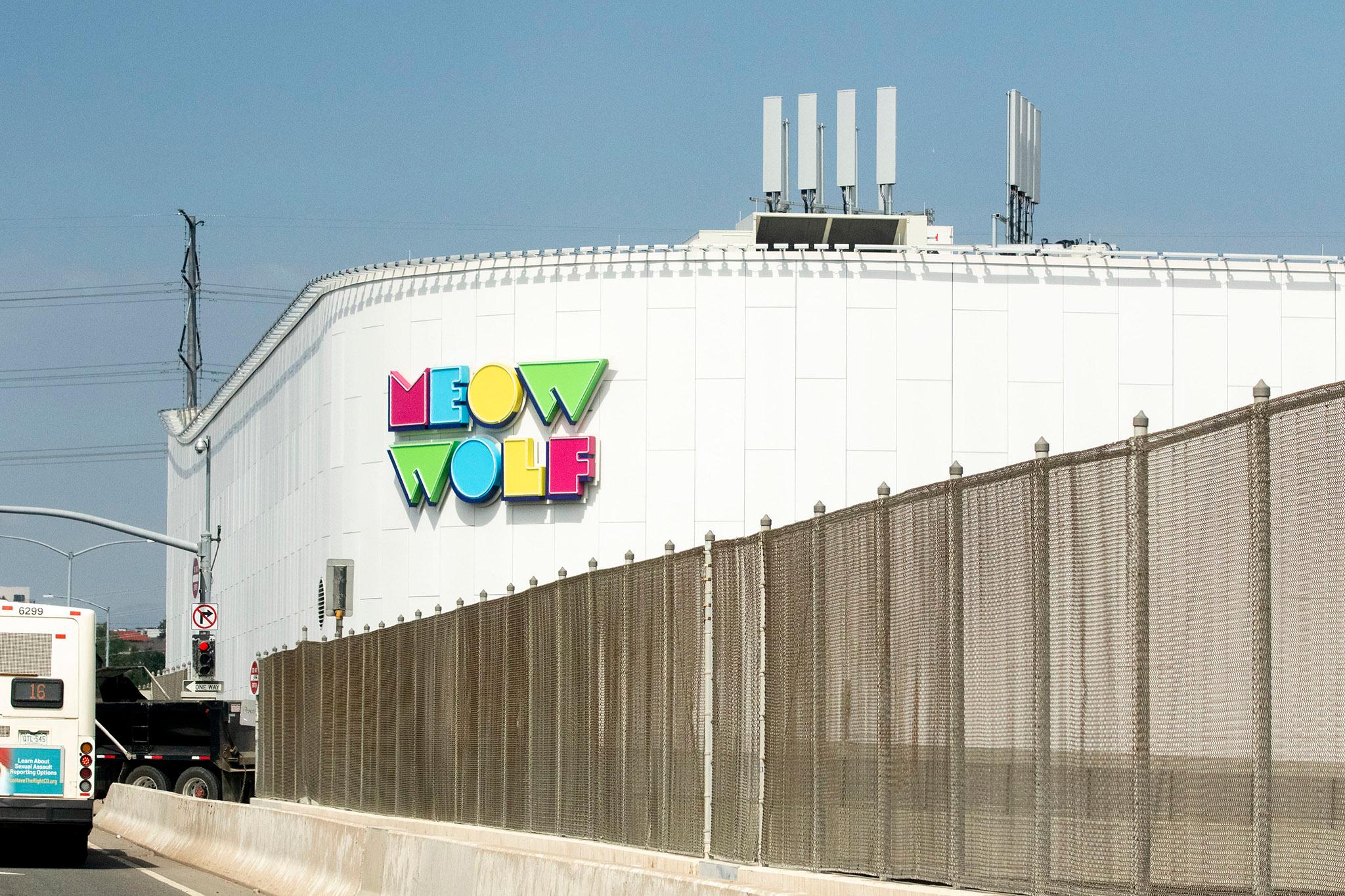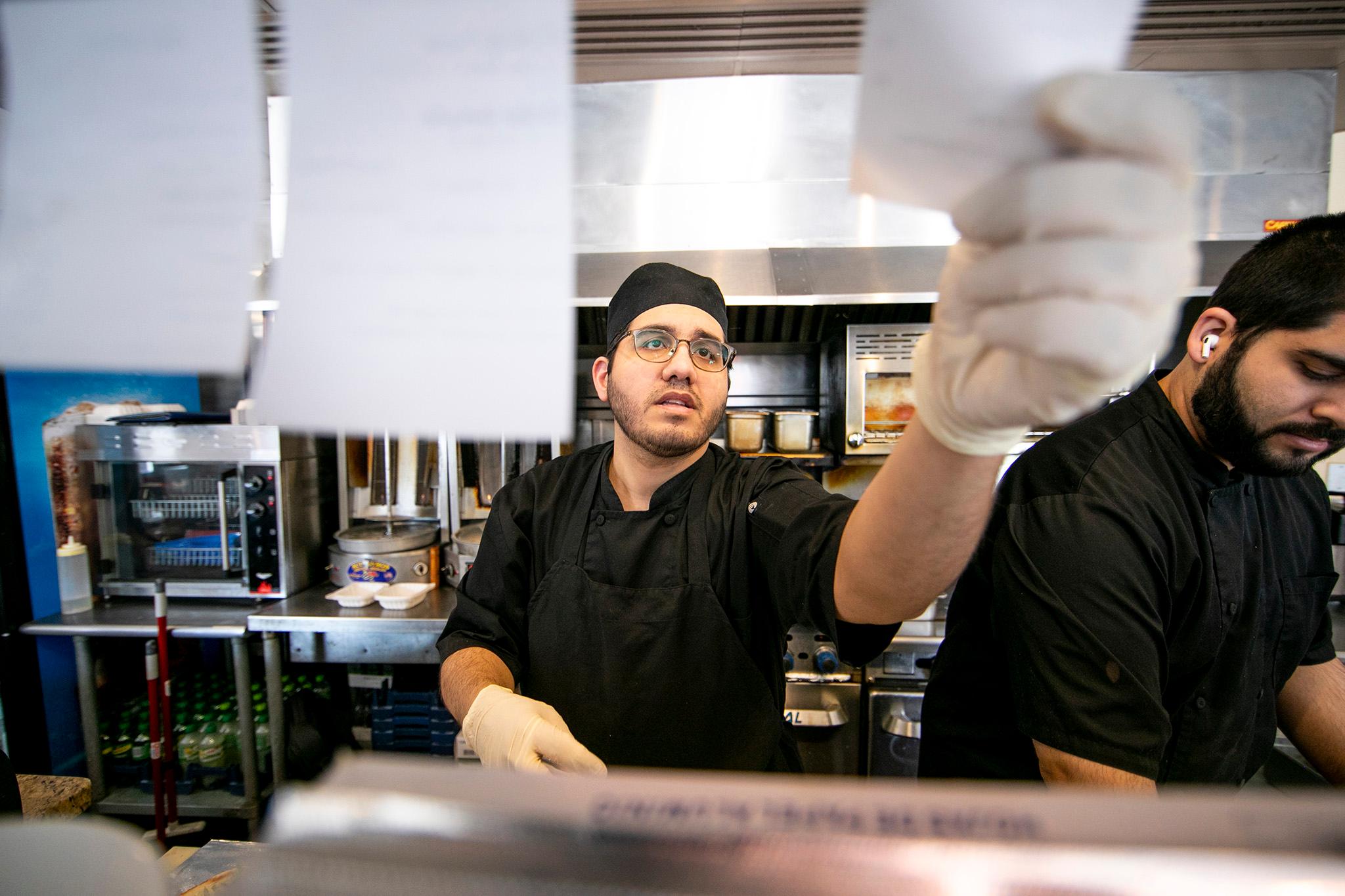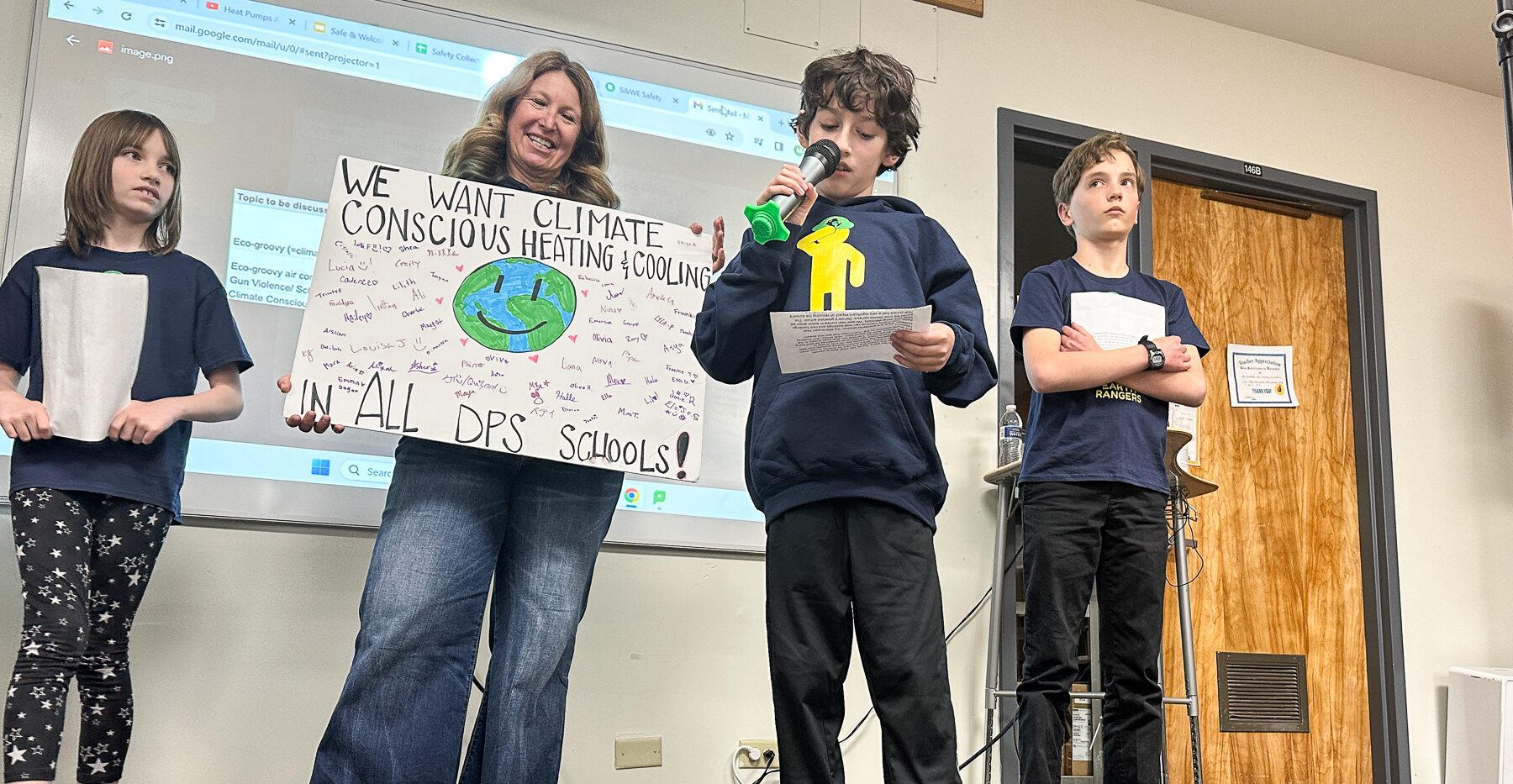Picture this: You're trying on dresses in a shop downtown. One of your friends walks over with a beer that she got from the place next door. Her beer, and the fact that she transported it from point A to point B, is totally OK -- Debbie won't get arrested for drinking in public -- because you're all in a common consumption area.
That's how Department of Excise and License Executive Director Ashley Kilroy explains common consumption areas. Sanctioned in 2019, they allow multiple businesses to band together to create areas where people can move freely with their drinks, i.e. legally drink in public.
These areas are licensed by the city and need to include two or more businesses with liquor licenses. Common consumption areas are allowed indoors, like in a food market or mall, or outdoors, like when businesses border common areas like private parking lots or alleyways closed to cars.
Kilroy said that the process for getting a common consumption license is similar to that of a liquor license. Every time a business applies, the public will get an opportunity to share its thoughts on the proposal, and the department will have the power to revoke or suspend a license if a business is not following the rules.
"We have to ensure that we're being respectful of the neighbors," Kilroy said. "We've made this to where the neighbors will have a voice."
The city's licensing department, which will oversee common consumption licenses, wanted to establish more rules for the program and open applications last year. But the pandemic paused paused all that.
The licensing department formally adopted rules for how the common consumption law would apply to the city last week.
The licensing department will start accepting common consumption applications in July. Kilroy said they could be beneficial for local businesses reeling from the pandemic.
"We think this can be a tool in helping these businesses recover," Kilroy said.
These rules won't turn Blake Street into Bourbon Street.
Cities like New Orleans and Las Vegas have made major tourist attractions (and countless foggy memories) out of their famously drink-friendly corridors. But alas, under Denver's rules, you won't be able to simply put your drink in a plastic cup and walk around LoDo. You would have to remain within the boundaries of the established common consumption area.
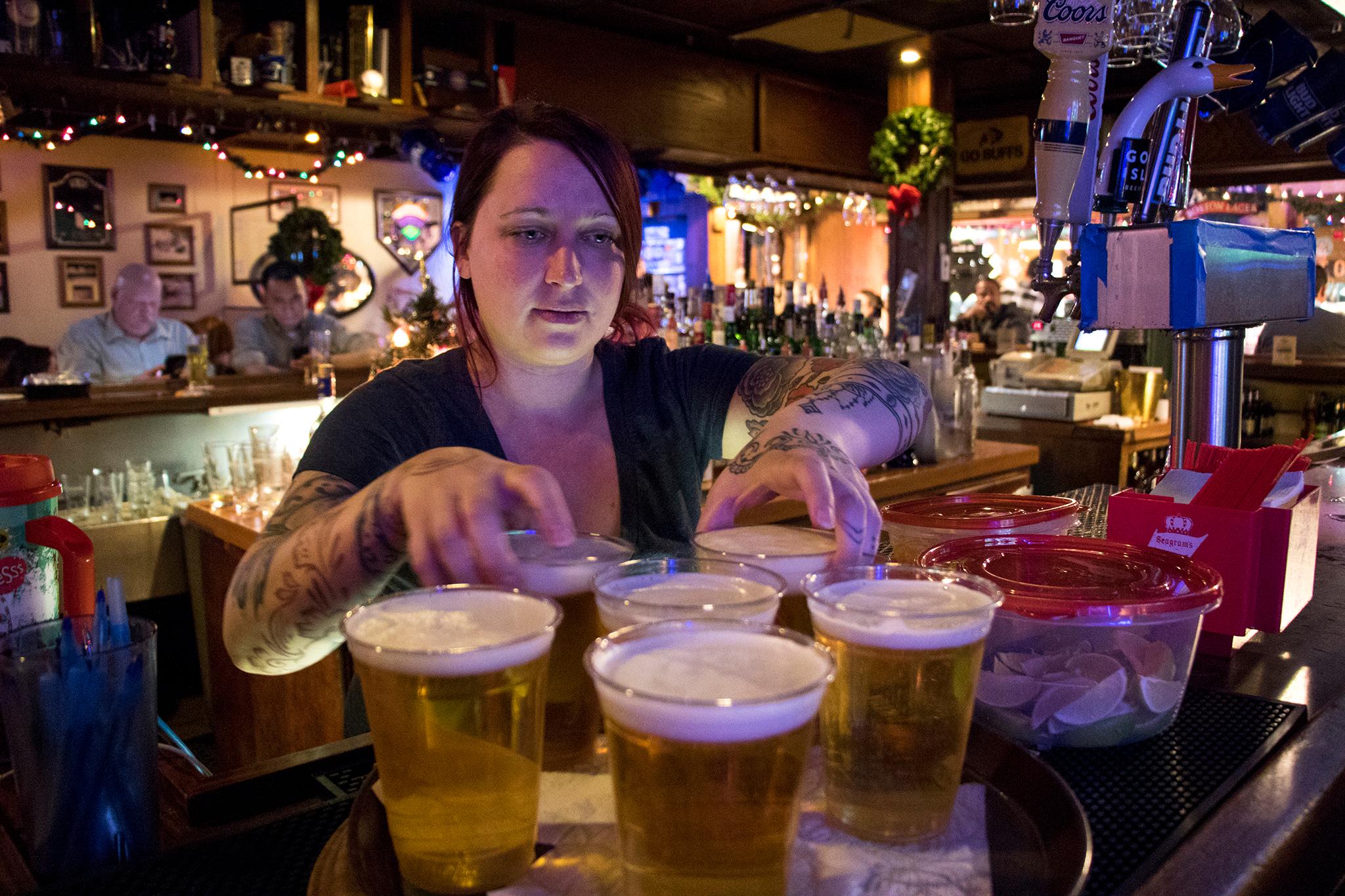
New Orleans allows for open containers because there's no state laws preventing the city from doing so, though, as Thrillist notes, booze has to be in a plastic container. And public drinking is only allowed in certain parts of the city.
Vegas is another boozy capital. You can basically drink in public throughout the city, according to the The Las Vegas Sun. Also, bars and liquor stores are allowed to sell alcohol 24/7.
Denver's been studying how other cities have done common consumption, including Greeley, Aurora, Glendale (obviously), Edgewater and Fort Collins.
Since the license will require multiple businesses to band together, commercial corridors will likely see the most common consumption areas.
That means go-to places for grabbing a drink and a meal, like LoDo, RiNo, and Tennyson Street.
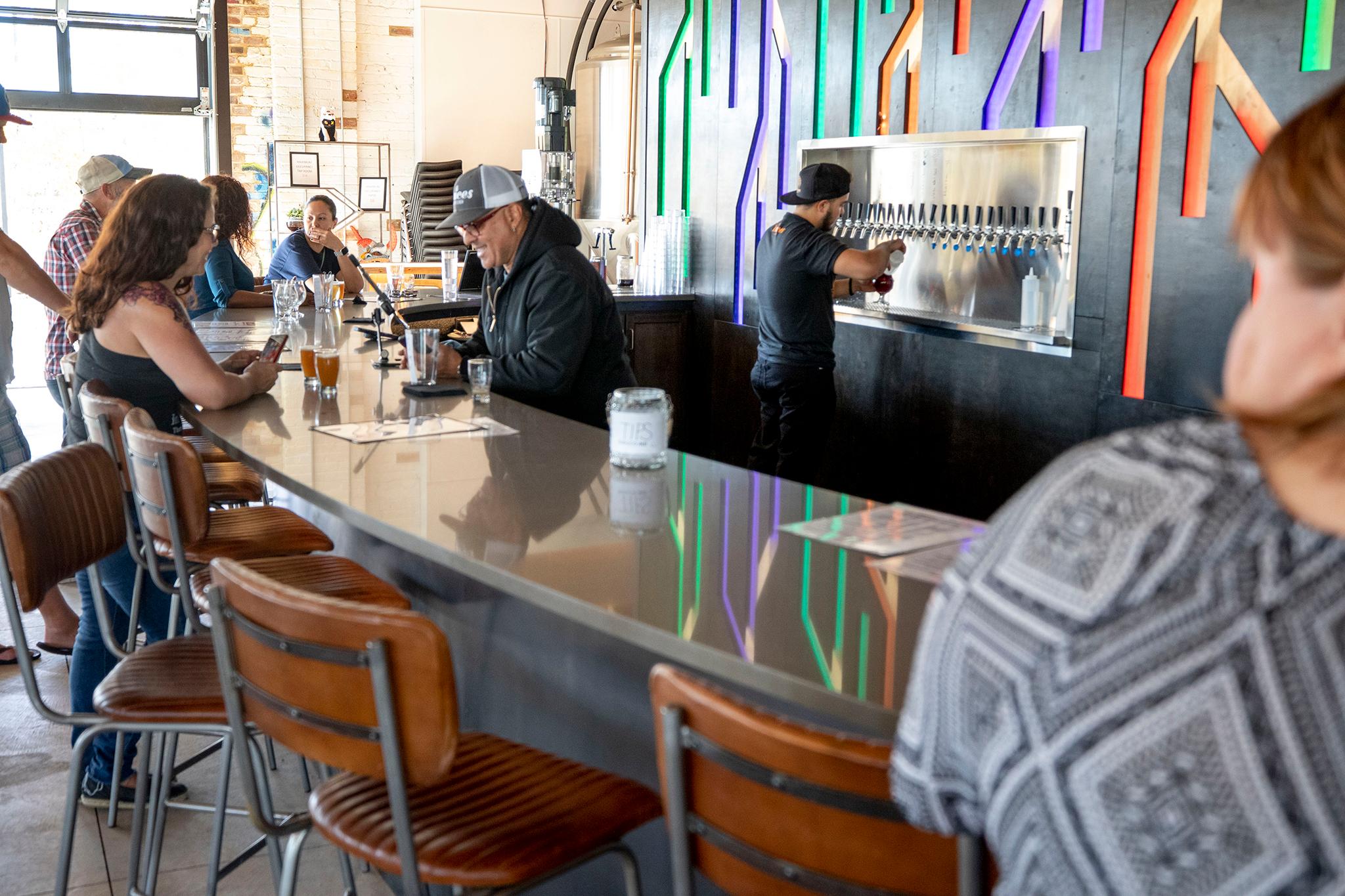
There is a catch to all this. Kilroy said common consumption areas can only exist in an "entertainment district." These are areas no larger than 100 acres and containing at least 20,000 square feet of businesses with liquor licenses.
However, these don't really exist yet.
According to licensing department spokesperson Eric Escudero, so-called promotional associations -- those two or three businesses that want to apply for a common consumption license -- will need to apply for a common consumption area. Once its license is approved, the association will have to create the entertainment district. These entertainment districts will need to be approved by City Council.
Entertainment districts are required by the state law that outlines how common consumption licenses must work.
"Once the entertainment district is created, we expect to potentially be flooded with other applicants for common consumption areas within that district," Escudero said over email. "So somebody has to roll the snowball down the hill to create the avalanche of future applicants for that area."
Correction: This story incorrectly stated the rules for common consumption needed to be approved by City Council. Those rules have already been adopted.

